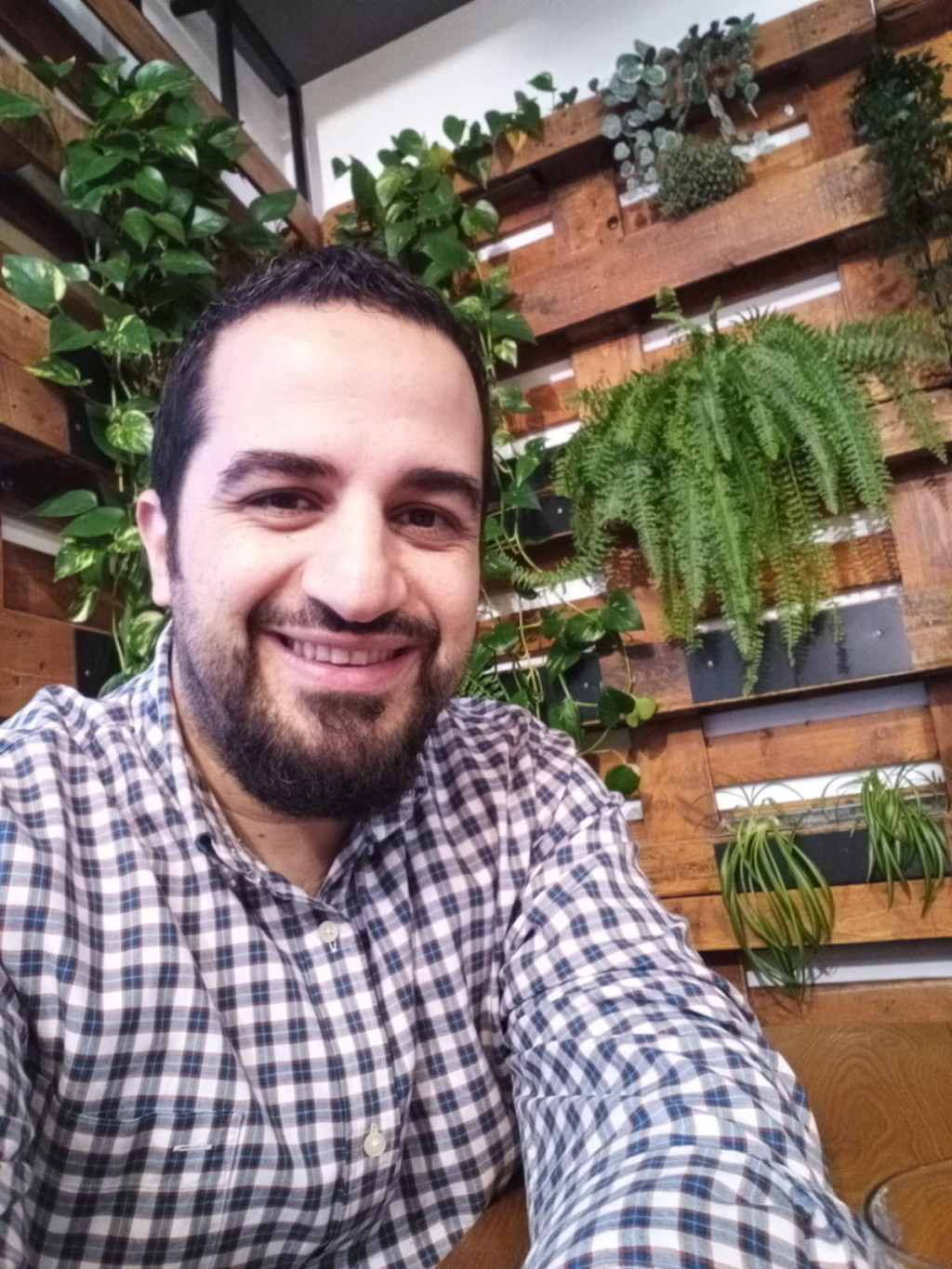
Dr. Osama Hazzi
Osama Hazzi is a Vienna-based Syrian doctorate holder from Damascus University with academic experience in Austria (e.g., Postdoc at the University of Vienna). Currently, he is a Visiting Researcher (online) at Carleton University, Canada.
Current affiliation
- he has launched and manages FrontiersToday (https://frontierstoday.com/), where he serves as Editor-in-Chief
Hosting institute
Contact
- Email: …
Key expertise
- Micro-Organizational Behavior
- Migration and Integration
- Human Resource Management
- Sustainability
- Research Methods
Regional expertise
- Österreich
- Syrien
Profile according to FFVT taxonomy
Fields of research
- Migration Research
Scientific topics
- Work / Labour Market
- Gender
- Identity
- Integration And Social Participation
- Economy Of Forced Migration
- Civil Society Engagement
Disciplines
- Economics
- Other
Professional Career
Doctorate 2015, Damascus University
Master 2011, Damascus University
Postgraduate Diploma 2005, Damascus University
Bachelor 2004, Damascus University
Relevant publications
- Hazzi, O. Syrian refugee labor market integration in Austria: Field reflections, Conference Paper. 2019. The Migration Conference 2021.
- Hazzi, O., Simsa, R., Auf, M., Bratke, S.-M. Beiträge der Zivilgesellschaft zur Bewältigung der Flüchtlingskrise – Leistungen und Lernchancen. (Contributions of Civil Society to deal with the Refugee Crisis - Services and Learning Opportunities). 2016. Vienna University of Economics and Business.
Research profile
Q1. Who are you?
My name is Osama Hazzi and I am a Vienna-based Syrian doctorate holder from Damascus University with academic experience in Austria (e.g., Postdoc at the University of Vienna) and publications in Springer/SAGE/Emerald. Currently, I am a Visiting Researcher (online) at Carleton University, Canada.
Q2. What was your motivation for applying for the FFVT fellowship? Why Germany?
What pulled me toward FFVT fellowship is the opportunity to work with researchers from diverse cultures on migration and integration and to gain a further foothold in the international research community. I also visited Germany for a conference and liked the country.
Q3. What do you expect from the fellowship?
I hope I will be able to publish a mini state-of-the-art review with colleagues, as well as discover a means to work together on a longer-term basis.
Q4. What is the focus of your work, and what is innovative about it? / What are your planned outcomes and activities for the fellowship period? And how do they relate to your FFVT hosting institution/ the FFVT cooperation project?
My research idea focuses on refugee women entrepreneurship with a hope to contribute (with IDOS colleagues) to the literature that helps refugee women unemployed make self-sufficient and realize their labor market integration in the host countries.